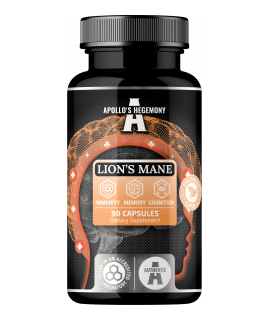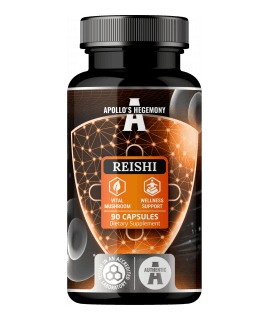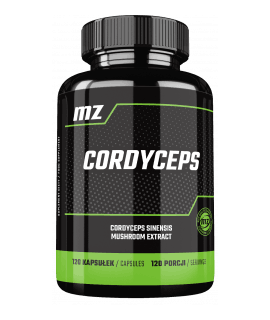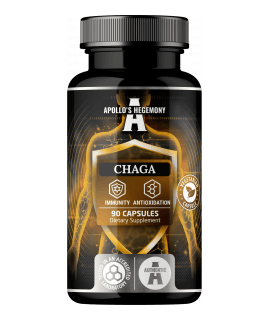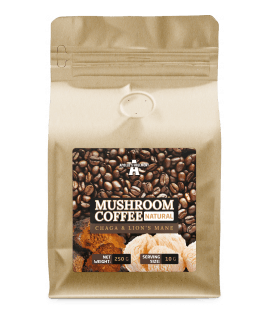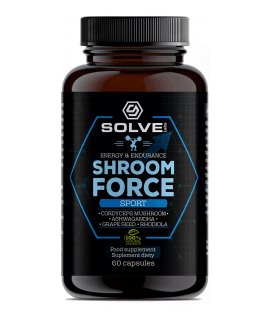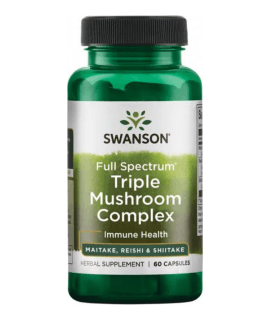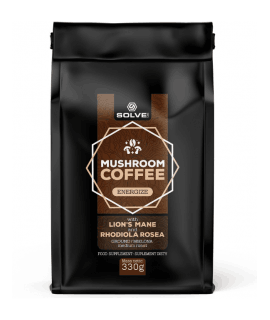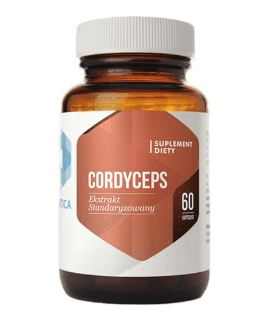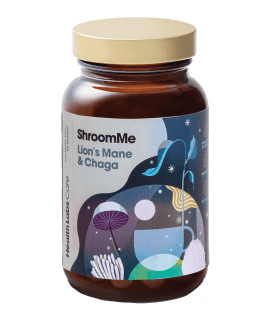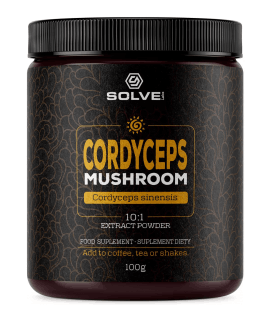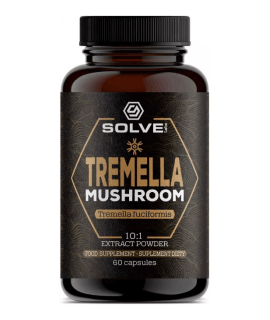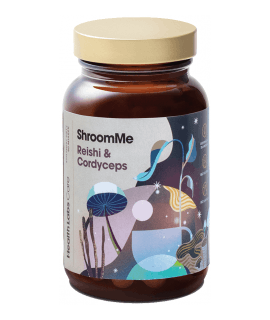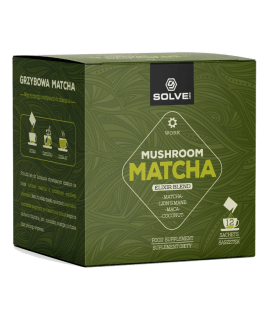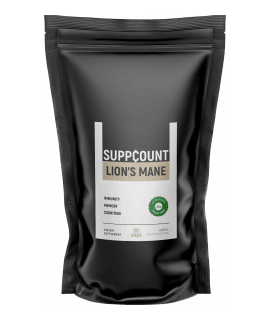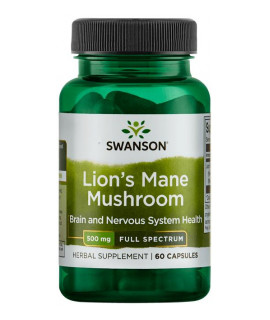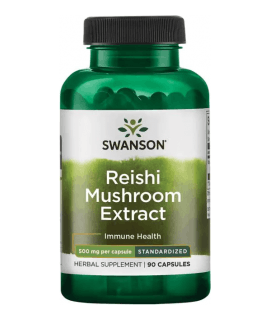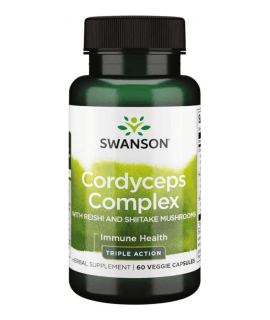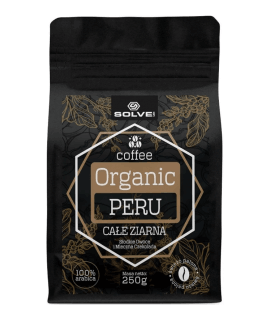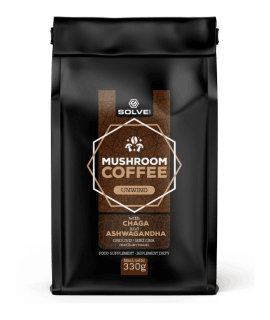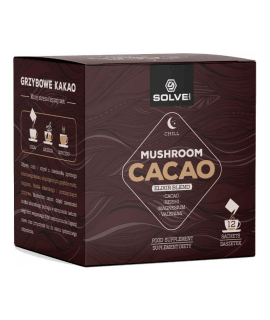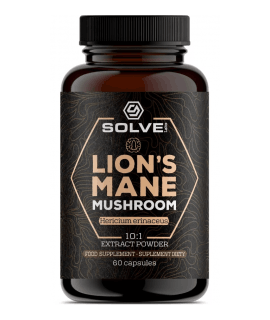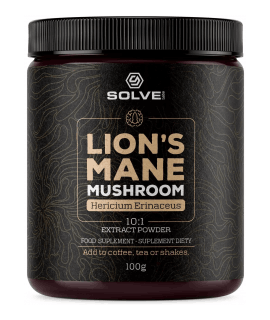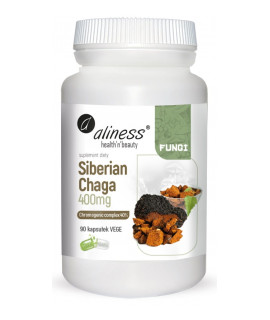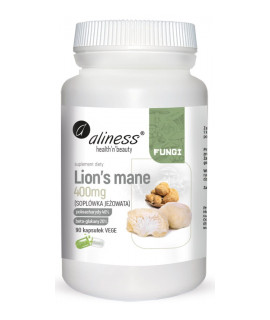Vitality Mushrooms have hit the supplement market and quickly gained a large crowd of loyal fans. In fact, they are not a novelty – mushrooms have been known for centuries and widely used both as part of the diet and a kind of remedy for various ailments. The ancient Egyptians believed that they ensure excellent health and longevity. Nowadays, scientists have been able to identify specific species of fungi that have specific healing properties. A number of bioactive and pharmacologically active substances present in mycelium and fruiting bodies have also been isolated.
Vitality Mushrooms have a powerful pro-health potential. They have a positive effect on the immune system, shows anti-cancer, anti-atherosclerotic and antidiabetic effects. They may slow down the aging process of the body and reduce the risk of civilization diseases. They provide a boost of energy and vital forces, as well as they strengthen physical and mental performance. They will be excellent during periods of chronic stress and weakening of the body.
We offer a wide range of supplements containing vitality fungi. We offer both mono-preparations and mixtures of various fungi. You can choose from the liquid, powdered and encapsulated extracts. All of them come from the world’s most-renowned manufacturers; they are non-toxic and have a high safety profile.
